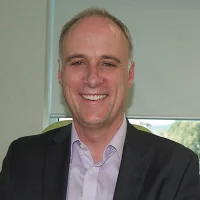Articles / One in Six Australian Women in Their 30s Have Had an Abortion – and We’re Starting to Understand Why


writer
Chair, Australian Research Centre in Sex, Health & Society, La Trobe University
Abortion is a common experience for Australian women. Around one in six have had an abortion by their mid-30s, according our new research published today in the Australia New Zealand Journal of Public Health.
Narratives about abortion often stigmatise women who have had one or seek access to one. But our research shows women from all walks of life may have an abortion: married, single, child-free, and mothers. In fact, women who have already had children are more likely to have a termination than those who haven’t.
Women make decisions about whether or not to have an abortion in the context of their complex lives. And it’s by no means an easy decision.
Our research investigated the factors associated with abortion as women move from their late teens into their mid-30s. We found women with lower levels of control over their reproductive health, whether through family violence, drug use or ineffective contraception, are more likely than their peers to terminate a pregnancy.
If we want to reduce the rate of unintended pregnancies and abortion in Australia, we need to empower women to have control over their fertility and support them with appropriate health services.

Alcohol Addiction Assessment and Advice

Premature Ovarian Insufficiency – The New Guidelines

Paediatric Allergic Rhinitis & Immunotherapy

Inhaler Devices

writer
Chair, Australian Research Centre in Sex, Health & Society, La Trobe University

Increase
No change
Decrease
Listen to expert interviews.
Click to open in a new tab
Browse the latest articles from Healthed.
Once you confirm you’ve read this article you can complete a Patient Case Review to earn 0.5 hours CPD in the Reviewing Performance (RP) category.
Select ‘Confirm & learn‘ when you have read this article in its entirety and you will be taken to begin your Patient Case Review.
Webcast TONIGHT
POTS – What You Need to Know